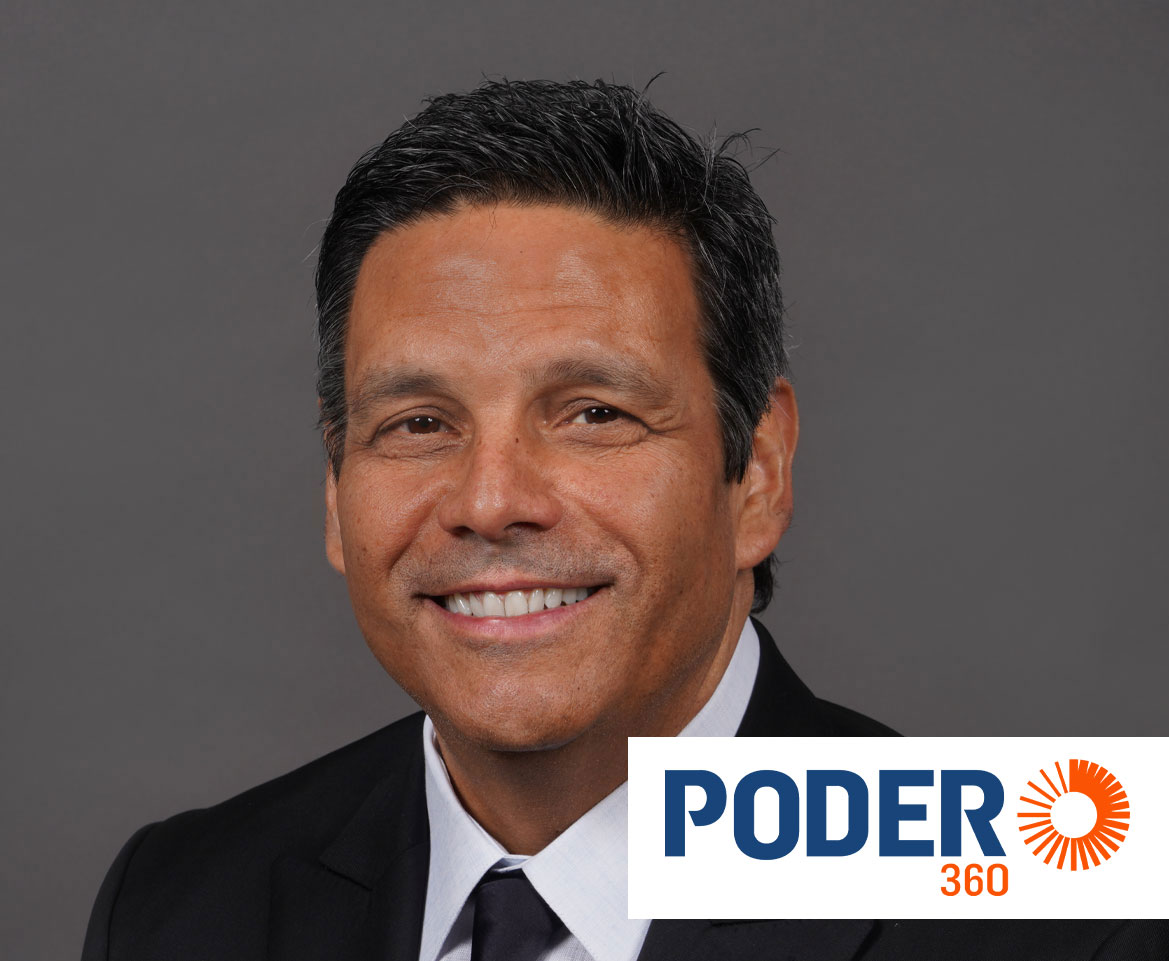لم تعد العلاقات الجنسية فقط نادرة. إن عبارة “أصدقاء ذوو منافع” شائعة جدًا لدرجة أنها أصبحت جزءًا من اللغة المشتركة. هناك العديد من الأفلام التي تُظهر مثل هذه العلاقات التي تتطور على مدار ساعتين وتتوج عندما يدرك الاثنان أن الحب والحضور بينهما في الواقع وقرروا البقاء معًا حتى الشيخوخة. ومع ذلك ، في الواقع ، لا تسير الأمور دائمًا على هذا النحو.
إلى أين تقود العلاقات الجنسية؟
عندما يبدأ شخصان علاقة تقوم فقط على الانجذاب الجنسي ، فقد يحدث أنهما لا يرغبان في الاستثمار أكثر عاطفية. في هذه الحالة ، تكون فرص تطور العلاقة ضئيلة للغاية. لكي تتطور العلاقة ، تحتاج إلى مقاطع فيديو xxxnxx ، يستغرق الأمر وقتًا تقضيه معًا والمشاركة والألفة العاطفية. يمكن أن تحدث هذه الأشياء أيضًا أثناء ممارسة الجنس ، ولكن ليس بالضرورة. على الرغم من أن الاتصال الجنسي ينطوي على درجة من الحميمية ، إلا أنه إذا كان يقتصر على الجزء المادي ، فمن الصعب أن تصل العلاقة الحميمة إلى عمق عميق جدًا. في بعض الحالات ، يختار الاثنان هذا النوع من العلاقات لأنهما غير مستعدين للمشاركة بشكل أكبر. إما أنهم لا يمتلكون التوافر العاطفي أو أنهم في لحظة من حياتهم لا تكون فيها هذه أولوية ، وتقل احتمالية تطور العلاقة.
إذا كان كلا الشريكين في نفس النقطة ، فلن يرغب أي منهما في أن تتطور العلاقة ومن ثم من المحتمل أن تظل كذلك حتى يغير أحدهما أولوياته أو توافره. في تلك اللحظة ، إذا كان الشخص الآخر على استعداد لاستثمار المزيد ، يمكن أن تستمر العلاقة وتتطور ، ولكن إذا لم يكن هناك مثل هذا التزامن ، فهناك فرصة جيدة لانتهائه.
ما هي المدة التي تدوم فيها العلاقات الجنسية؟
هذه العلاقات ليس لها مدة قياسية. الوقت الذي يقضونه معًا يعتمد على تطور الاثنين. كما قلت سابقًا ، عندما يريد المرء أن يكون لديه المزيد في العلاقة ، سيحدث تغيير. فإما أن العلاقة ستتطور أو ستنتهي. أيضًا ، يمكن أن تنتهي العلاقة عندما لا يعود الانجذاب قويًا بدرجة كافية أو عندما يظهر أشخاص آخرون يجذبون انتباههم أكثر.
ماذا يحدث عندما يريد أحد الشركاء المزيد؟
من المهم أن يفهم الشخص الذي يريد التغيير ويقبل إذا لم يكن شريكه في نفس النقطة. خلاف ذلك ، إذا أصر على اكتساب تقارب عاطفي من شخص لا يريد أو لا يستطيع العرض ، فهناك فرصة جيدة أن يشعر بالأذى. أيضًا ، إذا أراد أحدهم علاقة أعمق ، فسيصاب بالإحباط لكونه في علاقة جنسية فقط. ولكن عندما يتعلق الأمر بالحب ، فإن الشخص ليس موضوعيًا ويخاطر بالبقاء في علاقة غير لائقة لفترة طويلة ، على أمل أن تتغير الأمور في مرحلة ما.
يمكن أن يؤدي هذا التوقع إلى إحباط كبير ، ومشاعر التخلي والوحدة ، وانخفاض في تقدير الذات. لذلك ، من المهم تقييم الموقف بشكل جيد للغاية وإمكانية تطور هذه العلاقة ، وإذا لم تكن الفرص في صفك ، حاول الانفصال ، حتى لو كان ذلك مؤلمًا. على المدى الطويل ، من المرجح أن تجد علاقة تناسب احتياجاتك ورغباتك إذا لم تكن متصلاً بشخص غير متاح.





























































































![Especial abogados Salón de la Fama[61] 4](https://diazreus.com/wp-content/uploads/2023/06/Especial-abogados-Salon-de-la-Fama61-4-pdf.jpg)



























































































































































































